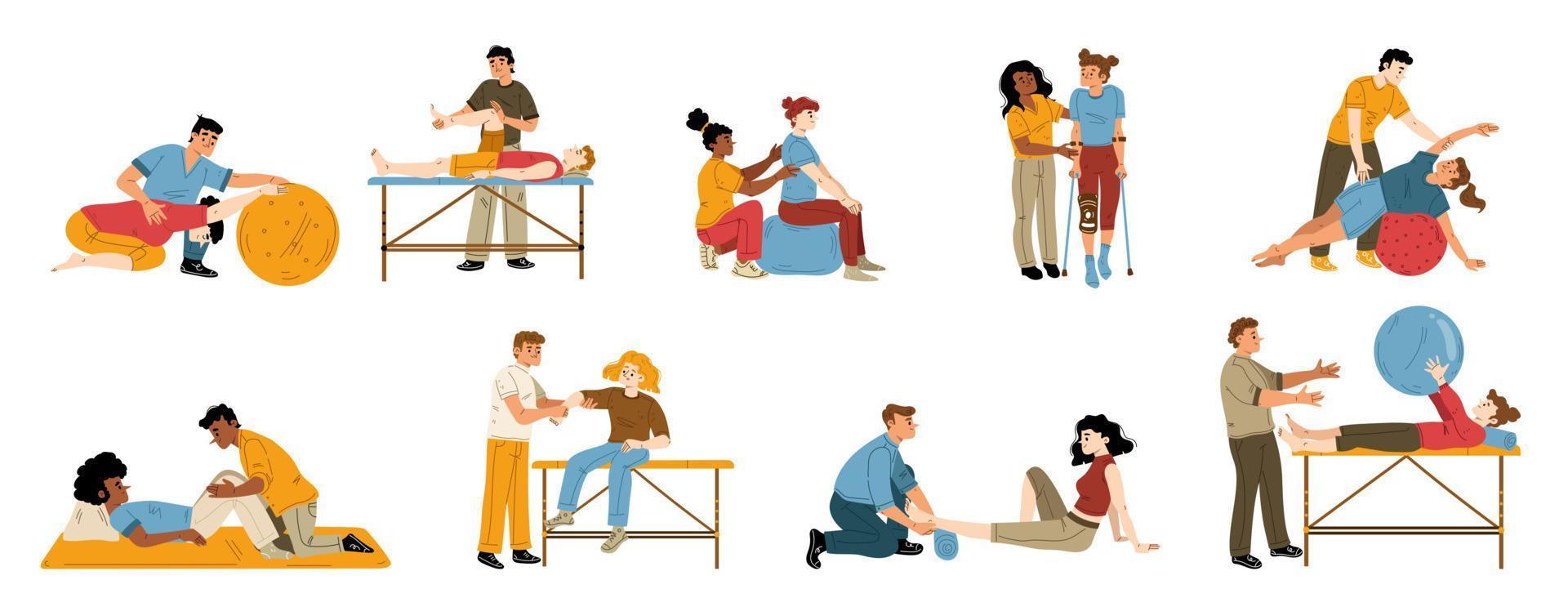Enhancing Rehab Outcomes Via Efficient Functional Motion Assessment Guidelines
Enhancing Rehab Outcomes Via Efficient Functional Motion Assessment Guidelines
Blog Article
Functional Mobility Assessment (FMS) is a valuable instrument used to evaluate an person's movement patterns. This assessment aids identify any deficiencies or discrepancies in the body, which can lead to injuries if not corrected. In rehabilitation settings, FMS can serve a critical role in improving recovery results. By understanding how each person navigates, healthcare professionals can design focused recovery programs that focus on enhancing strength, flexibility, and general performance.
One of the key benefits of using FMS in recovery is its ability to identify specific areas that need improvement. For instance, if a patient struggles with squat movements or lunging, it may suggest a deficiency of mobility in their hips or ankle joints. This information allows clinicians to formulate personalized exercise programs that highlight correcting these deficits. As a result, patients are more likely to recover their strength and functionality, which is essential for resuming to daily tasks or sports.
Incorporating effective FMS protocols can also assist avoid future injuries. Many injuries occur due to inefficient mobility mechanics or overuse of specific muscular groups. By screening individuals before they start a recovery plan, clinicians can identify risks and establish approaches to minimize them. Educating patients about proper mobility mechanics and strengthening weak areas can lead to long-term advantages, ensuring that they remain engaged and fit.
Moreover, the use of FMS can improve dialogue between healthcare professionals and clients. When patients witness their mobility patterns assessed and you could check here clarified, they gain a better understanding of their rehabilitation process. This clarity fosters trust and motivates patients to take an engaged part in their recovery. By engaging patients in their recovery process, they are more likely to adhere to recommended exercises and behavioral adjustments that promote better results.
In conclusion, improving recovery results through efficient operational mobility assessment procedures is crucial for both clients and healthcare professionals. By precisely evaluating movement patterns, therapists can develop tailored rehabilitation programs that address individual needs. This not only aids in recovery you can look here but also assists avoid future harm. As patients become more involved in their rehabilitation journey, they are likely to achieve their goals and maintain a healthy, active lifestyle.